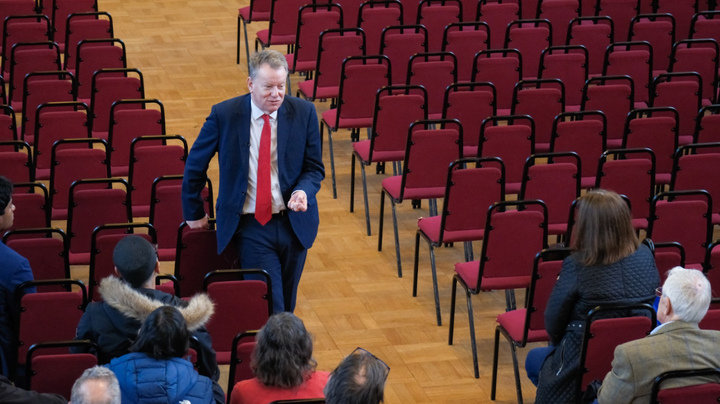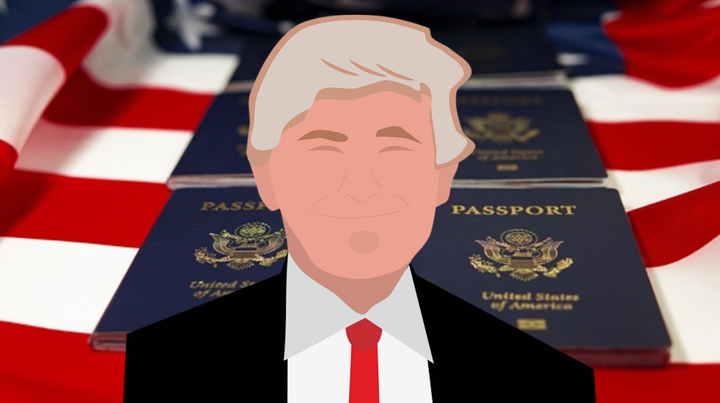Monetary policy talk by Professor Martin Weale

Recently, Professor Martin Weale remotely delivered an engaging and informative talk to economics students on monetary policy and inflation.
A senior academic at King’s College London and former member of the Bank of England’s (BOE) Monetary Policy Committee, his expertise provided us with valuable insight into the UK’s economic climate, an exploration of the causes of the current inflation episode and a refreshingly apolitical assessment of the policy response over the last few years.
Professor Weale’s presentation did well to explain ideas to us in an accessible way, backed by explanatory graphs to supplement complex commentary.
He began with an explanation as to why inflation matters; if prices rise for a sustained period of time beyond the 2% +/- 1% target set by most central banks, consumers see their purchasing power decrease, i.e., the same amount of money buys fewer goods and services than it did before.
Briefly, he discussed the history of inflation in the UK, exploring the surges in the price level during the world wars and the 1970s. Notably, we were shown how these periods of inflation differed from the current inflation episode- for example, the 1970s period of stagflation saw prices of oil rise tenfold, whereas in 2022, they only rose 29%. Additionally, changes to the structure of the UK’s labour market in the last few years, such as more trade unionisation, have increased the likelihood of a ‘wage-price spiral’ and thus exacerbated inflation.
We then focused on the current period of inflation that has persisted since late 2021 and Professor Weale explained the supply-side drivers of it, such as Brexit, the COVID-19 pandemic, and more recently, Russia’s war in Ukraine.
He summarised the BOE’s initial response to these shocks, such as engaging in quantitative easing worth more than £800 Bn following the COVID pandemic. According to the quantity theory of money, this policy, whilst aiming to maintain a sustainable growth level in the economy, is what caused inflation to be exacerbated from mid-2021. Only after inflation had soared well past its target did the BOE rapidly increase the base interest rate from historically low levels to around 4% to dampen consumer demand and control the price level.
Still, Professor Weale talked about some of the limitations of monetary policy tools- which largely influence aggregate demand- when dealing with inflation originating from shocks (particularly exogenous ones) to the economy's supply side.
Before coming to an end, he touched upon other interesting considerations like the famous ‘King Canute’ theory of inflation in the BOE’s price level predictions, and the clash with fiscal policy at the time they were making monetary policy decisions - notably the Truss-Kwarteng ‘mini-budget'.
Overall, it was a fascinating and eye-opening talk evaluating the BOE’s response to the high prices we see today, leaving A-level students excited to learn more about monetary policy in their future economics lessons.




Comments ()